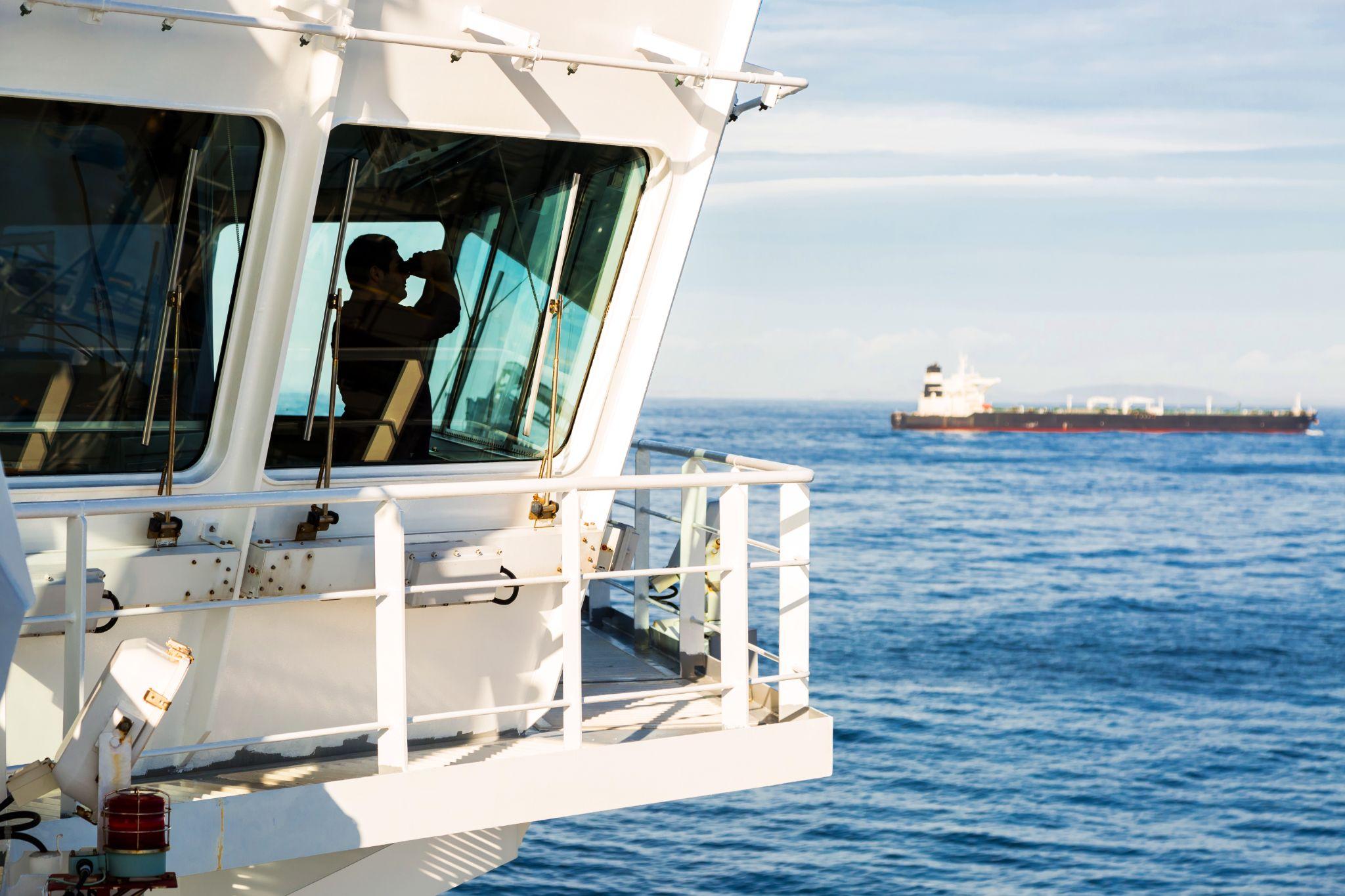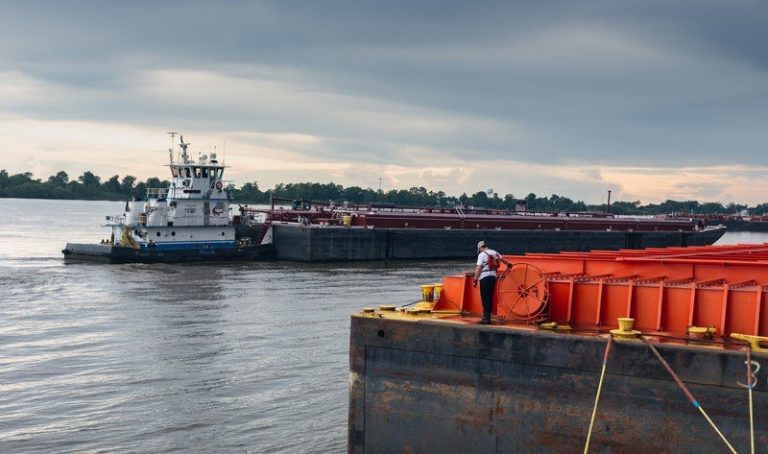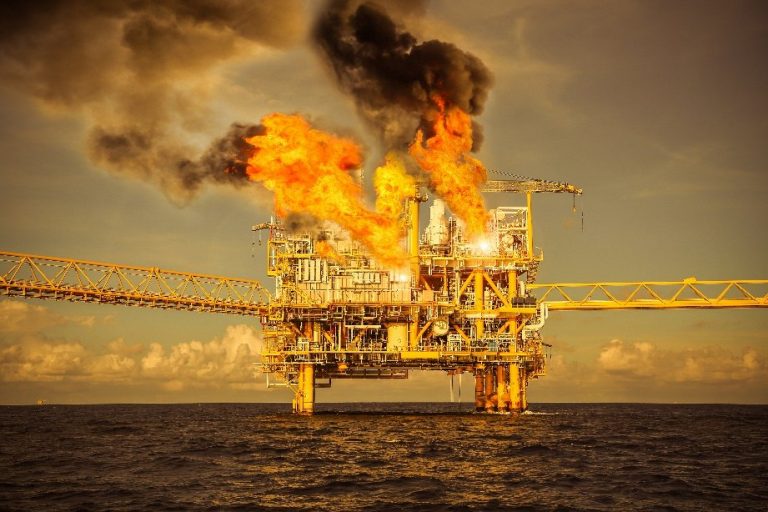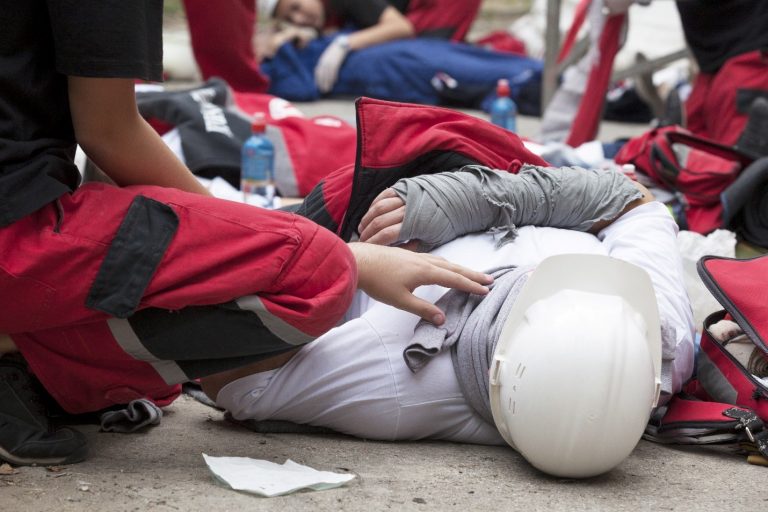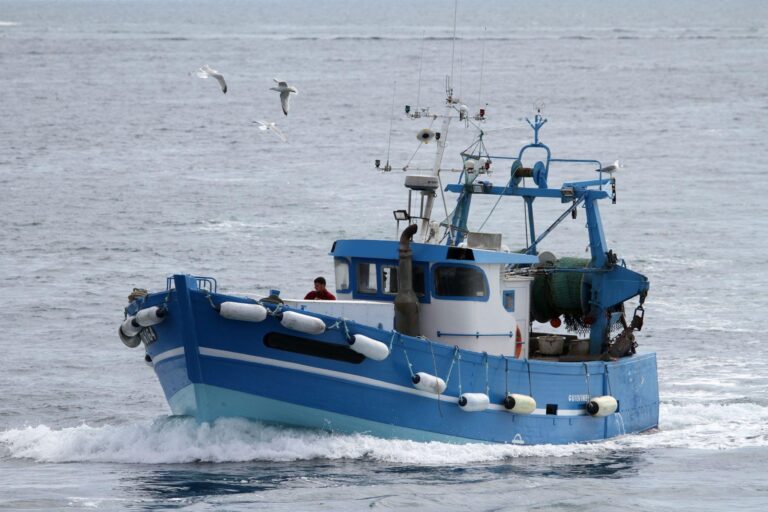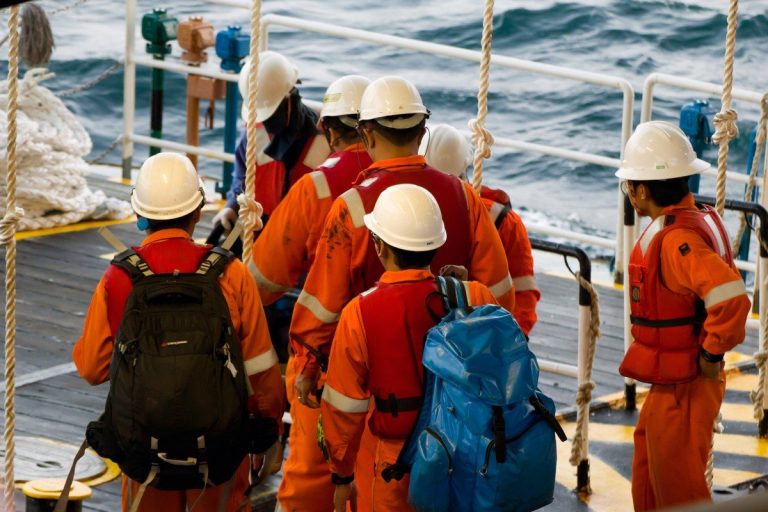In 2008, a maritime accident involving a barge and a tanker on the Mississippi River ended up with approximately 200,000 gallons of fuel dumped into the water. The Liberian-flagged tanker Tintomara struck the tugboat, resulting in a massive oil spill. Investigations into the accident ultimately revealed to maritime lawyers that the towing vessel that was pushing the barge at the time was being operated by an apprentice, who had no authority to operate the vessel. The captain in charge of the tugboat was not on the vessel at all. He had abandoned his vessel days earlier to deal with a bunch of personal problems.
Fortunately, the accident did not result in any maritime injuries or fatalities. However, it did result in severe damage to the local economy, which depends heavily on safe flow of commercial traffic on the Mississippi River. Since that accident, the Coast Guard has geared up to increase inspections, and enhance safety on this very important waterway.
Soon after the accident, the Coast Guard announced Operation Big Tow. The efforts to increase maritime safety on the Mississippi include the setting up of seven national centers for training of agency personnel, including commercial vessel inspectors and maritime casualty investigators. Since the accident, New Orleans has seen the launch of the Investigation National Center of Expertise, while the Outdoor Continental Shelf National Center of Expertise has been launched in Morgan City. Both of these facilities have highly sophisticated training programs for personnel, including specific training on inland rivers as well as offshore oil sector. New rules now require that vessels that enter the Lower Mississippi River be equipped with an Automatic Identification System to help exchange data and information with nearby vessels.

